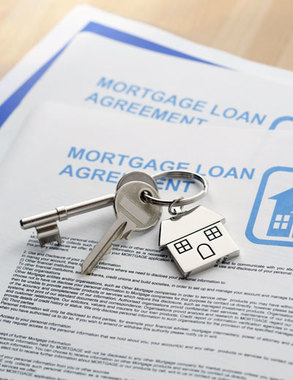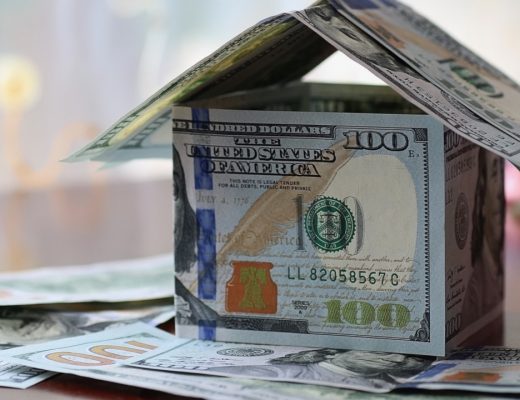 In terms of your mortgage, a point is an additional loan fee that is paid to the lender in exchange for a lower interest rate. It’s called “buying down,” and it allows you to reduce your rate for the life of the loan.
In terms of your mortgage, a point is an additional loan fee that is paid to the lender in exchange for a lower interest rate. It’s called “buying down,” and it allows you to reduce your rate for the life of the loan.
Let’s say you secured a mortgage loan for $500,000 without points, at 4.6% on a 30-year mortgage, your payment would be approximately $2,560 a month. If you paid two points ($10,000), the interest rate would go down to 4.1% and the monthly payment would decrease to around $2,415, a savings of $145 a month.
It would take you about eight years to recoup the money you paid up front. If you are planning on staying in your home a while, this will save you money in the long-run. Before deciding, ask yourself:
- How long will I keep the home?
- Do I have extra money to pay points?
- Could that money be better used for something else?
Some may suggest that a smarter option is to invest that $10,000 because you could do much better than your $140 savings, but you have to weigh the variables.*
Here are three simple rules of thumb in determining your particular course of action:
- If you plan to stay in the house for less than three years, do not pay points
- If you plan to stay in the house for more than five years, pay 1 to 2 points
- If you’ll be in the house for three to five years, paying points doesn’t make a significant difference
Since points are interest-payment related, they may be deductible on your taxes in the year that you close. See your tax advisor for details.
Mortgage points can add up to valuable savings over the course of your loan, but the future isn’t always predictable. Even if you “plan” on staying in your home for 20 years, changes in your career or family life could alter that plan.
* The above example is for illustrative purposes only. Be sure to check with your financial or tax advisor regarding your particular situation.



